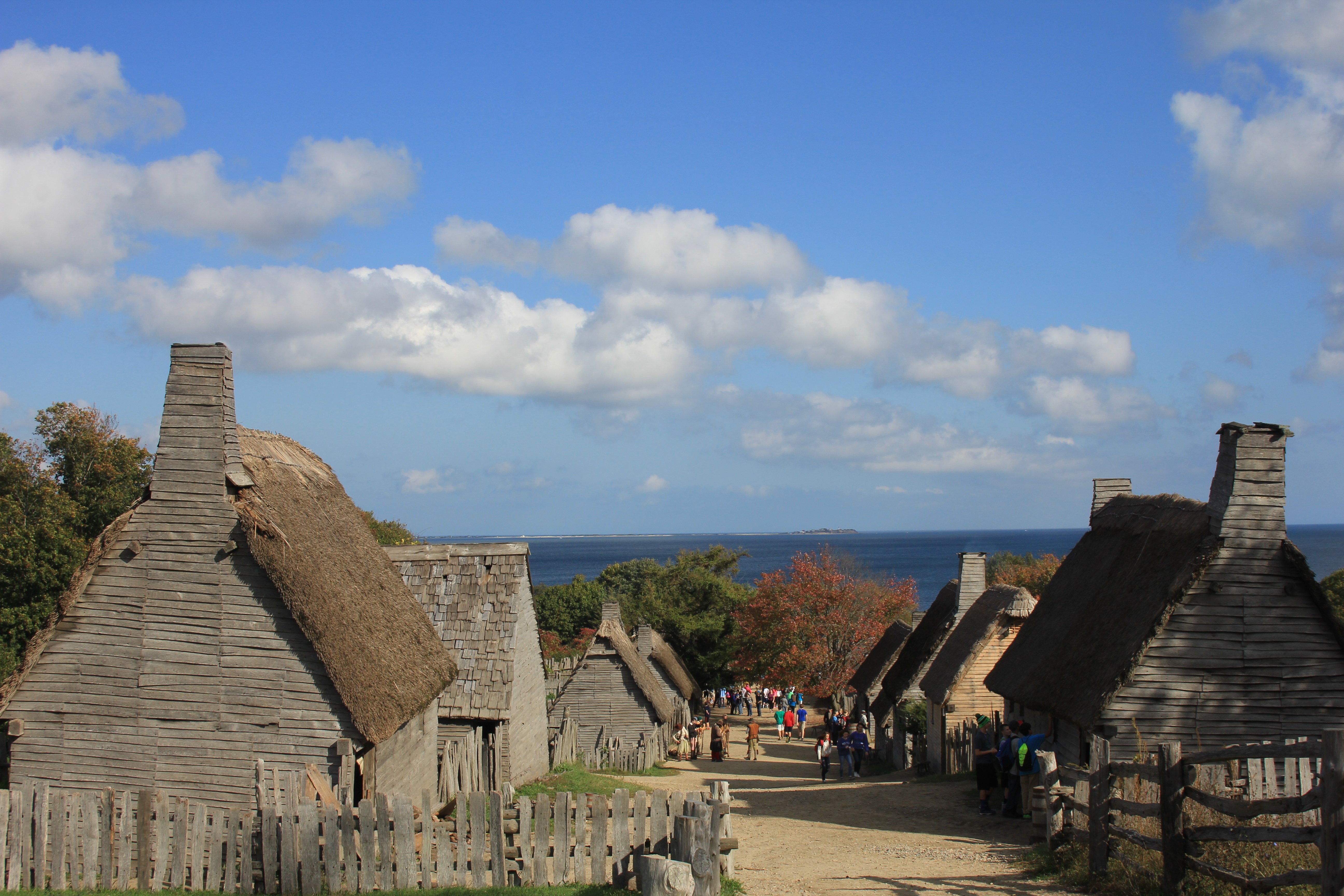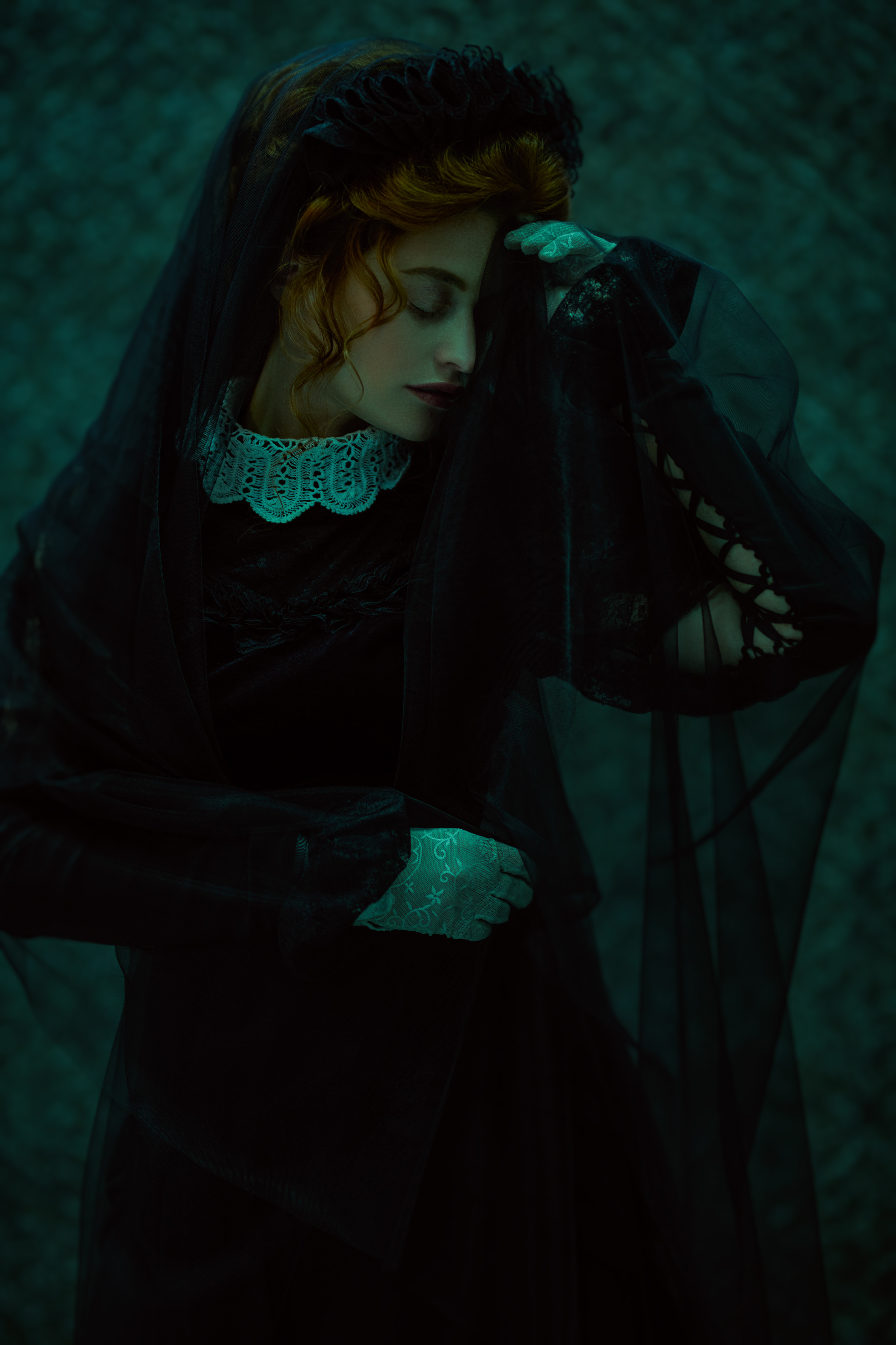In the name of God, Amen. We whose names are under-written, the loyal subjects of our dread sovereign Lord, King James, by the grace of God, of Great Britain, France, and Ireland King, Defender of the Faith, etc. Having undertaken, for the glory of God, and advancement of the Christian faith, and honor of our King and Country, a voyage to plant the first colony in the northern parts of Virginia, do by these presents solemnly and mutually, in the presence of God, and one of another, covenant and combine our selves together into a civil body politic, for our better ordering and preservation and furtherance of the ends aforesaid; and by virtue hereof to enact, constitute, and frame such just and equal laws, ordinances, acts, constitutions and offices, from time to time, as shall be thought most meet and convenient for the general good of the Colony, unto which we promise all due submission and obedience. In witness whereof we have hereunder subscribed our names at Cape Cod, the eleventh of November [New Style, November 21], in the year of the reign of our sovereign lord, King James, of England, France, and Ireland, the eighteenth, and of Scotland the fifty-fourth. Anno Dom. 1620.
In the first week of November 1620, treacherous weather forced some very seasick pilgrims and crew about 200 illegal miles north of their intended, royally-patented land in Northern Virginia. After weeks of attempting to sail south toward New York's Hudson River and eventually Virginian waters, the Mayflower - a sole ship carrying the cargo and passengers of its own and its would-be companion ship, the Speedwell, cancelled at the last-minute for leakage issues - headed back north for the shelter of Cape Cod, Massachusetts. At the tip of this cape stood Provincetown. There, Captain and shipmaster Christopher Jones, Jr. safely anchored his Mayflower and its exhausted cargo of crew, pilgrims young and old, two dogs, tools, weapons, poultry, sheep, goats, a lot of muslin, two rowboats and a literal shipload of future angst.
Miraculously, amidst the storms and squalour of a 17thC. transatlantic voyage, only one soul was lost: an indentured servant named William Butten, whom fatefully passed less than a week before anchoring. Over the next some-forty days, as Mayflower rested on the "Great Bay", within the wrist of Cape Cod, four more pilgrims would perish before making it to the permanent settlement of Plymouth, Mass.
Of those four souls, one was Dorothy Bradford, the 23-year-old wife of William Bradford, future governor of Plymouth Colony. Poor Dorothy. For, she did not die of infection, food poisoning, dehydration, dysentery or the awful like which befell many a 17thC. human; no, she fell overboard and drowned, on 7 December 1620, as the ship was at anchor.
Alas, by the Spring of 1621, of the original 102 English passengers and fifty-odd Mayflower crew (counting amongst its number, four mates, four quartermasters, a surgeon, a carpenter, a cooper, multiple cooks, boatswains and gunners, making about 36 men before the mast and the rest below-deck), only fifty-seven had survived. One of those survivors was another indentured servant by the name of John Howland.
Mid-voyage from England, amidst an angry, Autumnal storm, somewhere on the frosty north-Atlantic, Howland removed himself from the stagnant, putrid air of below-deck and unwisely stepped up to the Mayflower's rails for a hearty breath of fresh, Fall, maritime air. Within moments, according to historical, crew accounts, he was catapulted overboard as the ship lurched in a furious gale. As Poseidon's roaring waves attempted to claim him, Howland had the presence of mind to snatch a flailing halyard just as he was dragged underwater. With the fortitude of innate self-preservation, he held on for dearest life until crewmen heaved him safely back on deck.
As if to prove his dominion over fate, Howland not only survived his ocean ordeal, but thrived once on land. Before even leaving the ship, he put his name to history, along with forty-one other men, and signed The Mayflower Compact. In those first days upon anchoring, he boarded a shallop and partook in initial explorations of Cape Cod's alien bay, streams, shores and potentially perilous interiors. In the coming months, he willingly took on new duties, including management of the Carver household. Both Carver parents had passed away within weeks of each other, in the Plymouth Summer of 1621. Besides their own children, the Carvers had taken in pilgrim orphans, children whose parents had not survivied the journey thus far. The entire household became wards of a single John Howland.
In that same year, he would establish his own homestead in the village, on the northside of Leyden Street (a.k.a. Great Street). As his leadership qualities became apparent, he was granted the, arguably specious, mantel as one of eight, village men known as "Undertakers": signatories to the Articles of Agreement, certifying them financially responsible for all Plymouth Colony debts. No givesies-backsies, John Howland!

Before all that, he was granted a cow ... well, he and his wife. Remember the Carver household? Of his wards was 14-year-old Elizabeth Tilley, sole surviving child of John and Elizabeth Tilley (sp also Tilly), whom both died at Plymouth in 1621. In 1623/1624, John Howland, 32/33, wed Elizabeth Tilley, 16/17, at Pymouth, Mass. On 22 May 1627, they received one cow. I like to think they named the cow Chanel #1, kept her as a pet and Elizabeth made her a beautiful collar of Irish lace and ribbons.
By 1633, Howland appears on a list of "Plymouth Freemen": having paid off his indenture in-full, though the exact date is unknown. During his marriage to Elizabeth Tilley, she would bear him ten children, leading to eighty-eight grandchildren. Over the next four-hundred years, this lineage would bear out over 2million Howland-Tilley descendants.
Over those centuries of American history, Howland/Tilleys would scatter amongst the Arts, medicine, sports, law, labour and unknown quarters. For our purposes, the following might be most notable to the modern reader: Joseph Smith, Ralph Waldo Emerson, Presidents George Bush - the Elder and the Younger - , FL gov. Jeb Bush, Sarah Heath Palin, Chevy Chase, Supreme Court Justice Robert Jackson, Humphrey Bogart, Mary Chapin Carpenter, Christopher Lloyd, President Franklin D. Roosevelt, William H. Macy, Lilian Russell and, of course ... the Brothers Baldwin, including our fave Baldwin, Alec (a.k.a 30 Rock's Jack Donaghy). Thank you, Tina Fey, Alec Baldwin and John Howland, for the inimitable Jack Donaghy, one of the greatest characters in the history of comedy television.
Certainly, waiting to be dscovered are some 150 Mayflower tales, including those of her crew: half of whom died during the vile Winter of '20/'21. Some tales are likely, tragically short; some are likely prolifically lengthy; some rest comfortably in quiet, average anonymity. Beyond that, are tales of both woe and wonder of the Native Americans, the Wampanoag, who interacted with, or were acted upon by, the English settlers. Every lineage has an important story. I proffer you, fair reader, a smackerel of one story, John Howland's story.
What is your family's story? Are you related to the Howland-Tilleys? Other Mayflower passengers? First Families of New York, Virginia or Massachusetts? Are you a Wampanoag descendant? Today, there exist worldwide approximately 35million direct Mayflower descendants; 10million of those folks reside in the U.S., according to the General Society of Mayflower Descendants.

LMK what you find, or if you already know you're a direct descendant, LMK that, too @JennyPopCom! I'd LOVE to hear your family's story!



